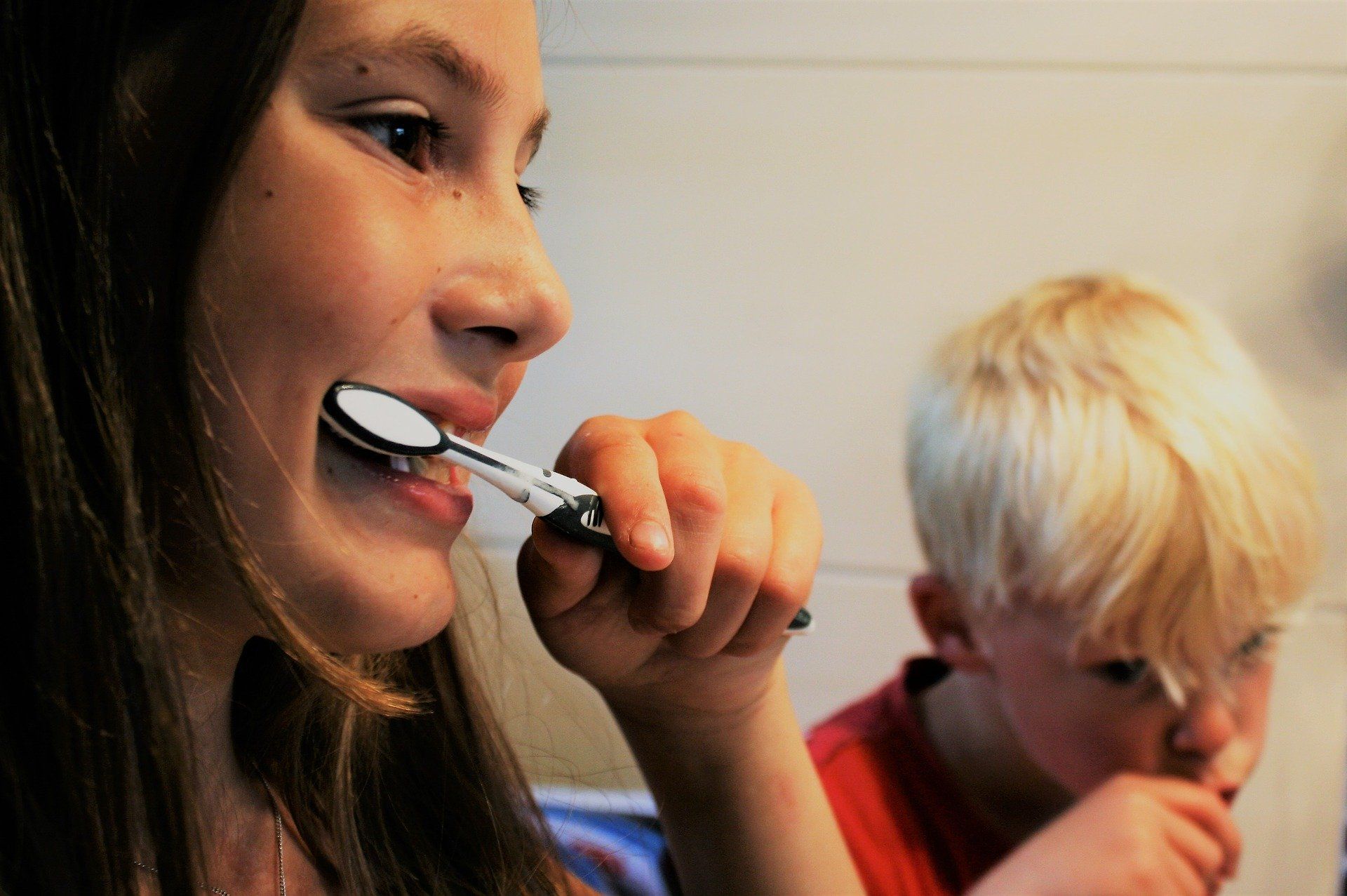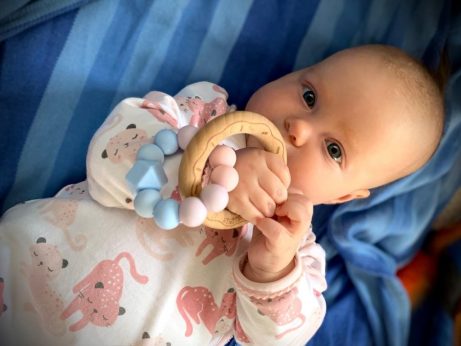How to Make Routines that Work

Why routines are helpful . . .
Routines help children understand the world. For young children so much of the world is new and they are looking for some sense of order in everything going on. Without a routine, a child will be dependent on the adults to know what comes next. With a routine, a child can learn what to expect and they will enjoy their independence and build confidence in their ability to navigate the world. Below are more ways that routines benefit children.
- Routines appeal to a child’s sense of order
- Children have sensitive periods for order. This means your child is trying or organize and categorize what they experience. Having a clear, consistent, and orderly routine will not only appeal to your child but they will thrive.
- Routines help predict what will happen next
- As your child tries to organize the world around them they will pick up on the patterns and sequences around them. When they can find this in a routine it will help them not only predict what happens next but act accordingly. The ability to independently act and do things for themselves builds tremendous confidence.
- Routines help to not forget things
- Routines can also help us remember to do things we might otherwise forget. For example, there may be many things to do before bedtime. With a routine things just becomes habit and you don’t have to think too much about what needs to be done.
- Routines help lay the foundations for logic and math
- Being able to follow a sequence is important for both logic and math. By having clean routines with a clear and logical sequence you are laying the foundation for a joyful attitude towards math, order, and precision.
Routines can be based on a daily activity or a situation. Some examples are:
- Bedtime – This is what you would do every day to get ready for bed. A solid bedtime routine can make life so much easier for you and your child.
- Going out – These are things to do every time before you go out. This is an important routine while learning to use the toilet.
- Bathroom – This routine helps children learn to use the bathroom in a hygienic way. Having a routine for how to clean up accidents is also very helpful.
- Dinner – This would be a family routine that everyone can participate in. It would include setting up and cleaning up. Your dinner routine is a great way to start having your child participating in household chores.
Plan your Routine
Some routines will happen naturally. A routine could be as short and simple as your child being the one who shuts off the lights before bed. You may see that if they don’t get to turn off the light they become upset because their routine was changed. You can use these smaller routines to build larger routines. If your child likes to turn off the light you can have them brush their teeth before they can turn off the light in the bathroom then they go put their pajamas on and then turn off the bedroom light. When you notice your child has developed a routine try to follow it as long as your child wants to because creating a sense of order in very important for children under the age of 6.
When you are planning to implement a routine from scratch it is important to think it through. Think about everything that could go wrong, materials needed, time limits, space needed, and what needs to be done. It takes children weeks some times months of following a routine before they start to follow it independently. The less you change the routine after you implement it the faster they will understand and learn the routine.

Explore the fundamentals of Montessori parenting with this free video by Sylvia Arotin, offering insights and strategies to empower and educate your child.
Implementing your Routine
This is often the hardest part when most people give up. Implementing a routine takes time, engagement, and consistency before it becomes easy. The younger the child the longer it will take to make it a routine. Putting in the extra effort, in the beginning, will save a lot of time down the road. Here are some ways to get the routine off to a good start.
- In the beginning, leave extra time for everything – As your child is learning the routine they will need to look to you to know what to do. You will need extra time to show them first so then they can try. Your child will take a few times to finish a new task especially if it is completely new.
- Follow a logical sequence – Children usually follow sequences well. They are more likely to think first A then B and not look at the time. Think through the sequence so you are not changing it and then let your child follow the routine instead of focusing on the time. For example, start a bedtime routine at 7 (not trying to be in bed at 8) and your child will go to bed once the sequence is finished. The bedtime routine could finish at 8:00 or 8:15 or even 7:45 depending on the day.
- Talk about it – Talking with your children will help them understand and navigate the new routine. Also, it will likely build their vocabulary as they talk with you about what you are doing. With a younger child narrating what you do is very helpful with older children you can have lots of conversations.
- Be consistent – Consistency is so important for children as they try to find order in their world. Be consistent with the sequence and the circumstances you follow the routine. If you have a routine for going out and only follow it sometimes it will take your child a long time to independently follow the routine if at all.
Maintaining your Routine
The goal of these routines should be to be a stepping stone towards independence. Once a routine is fairly set your child will likely start the routine by themselves. When there is a consistent routine you can take special days by making a change to the routine. For example, you can skip a routine for a special day or make a routine extra special by adding something. As your child grows they may change their routine a bit on their own or outgrow certain routines. So long as everything that needs to be done is getting done let your child keep their independence by managing their own routine.
By Emily Suarez

Explore the fundamentals of Montessori parenting with this free video by Sylvia Arotin, offering insights and strategies to empower and educate your child.
Montessori Beginnings
YOUR ULTIMATE
MONTESSORI PARENTING COURSE
FOR ZERO TO THREE
Gain clarity and confidence in your parenting to raise a resilient, independent and joyful child.


